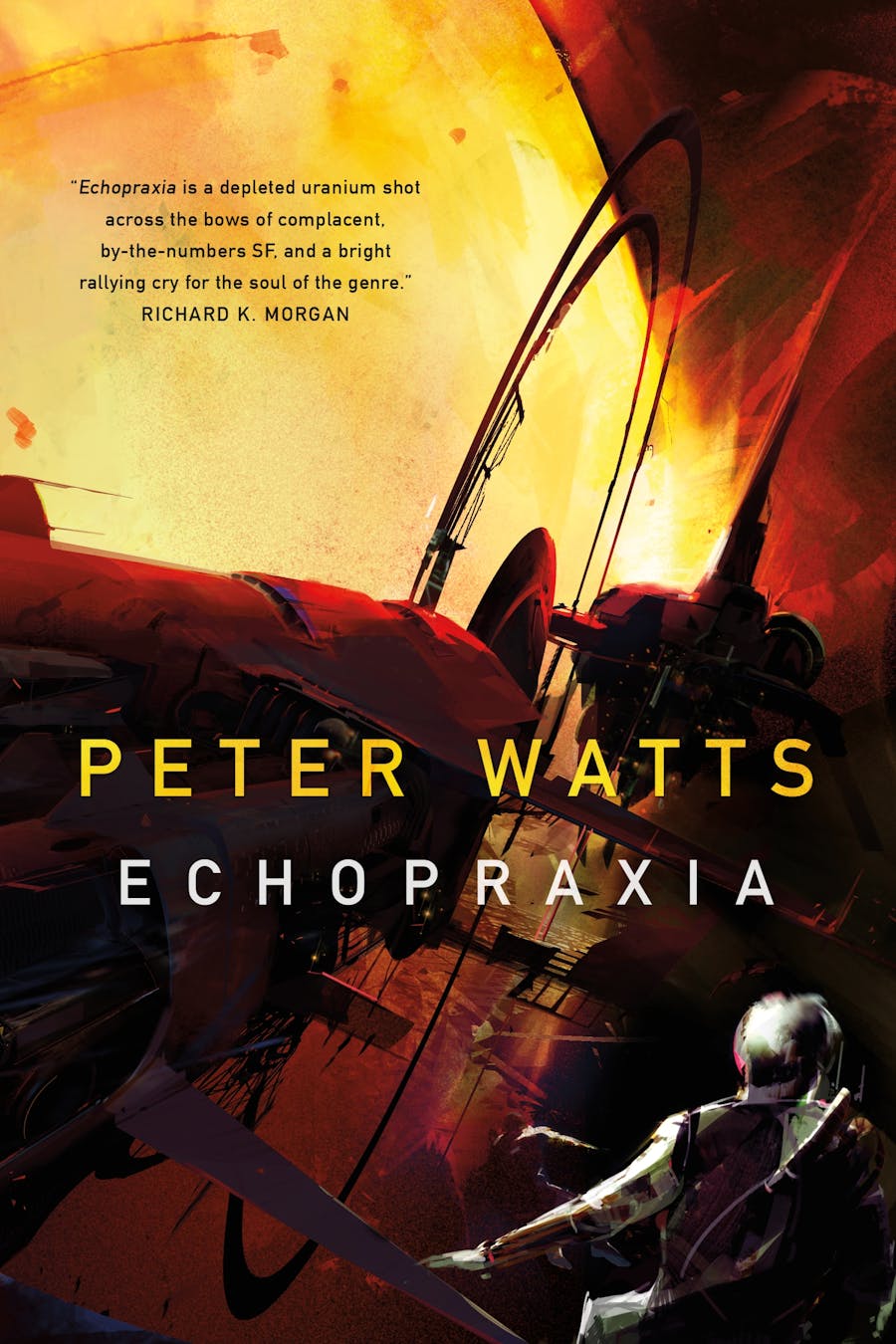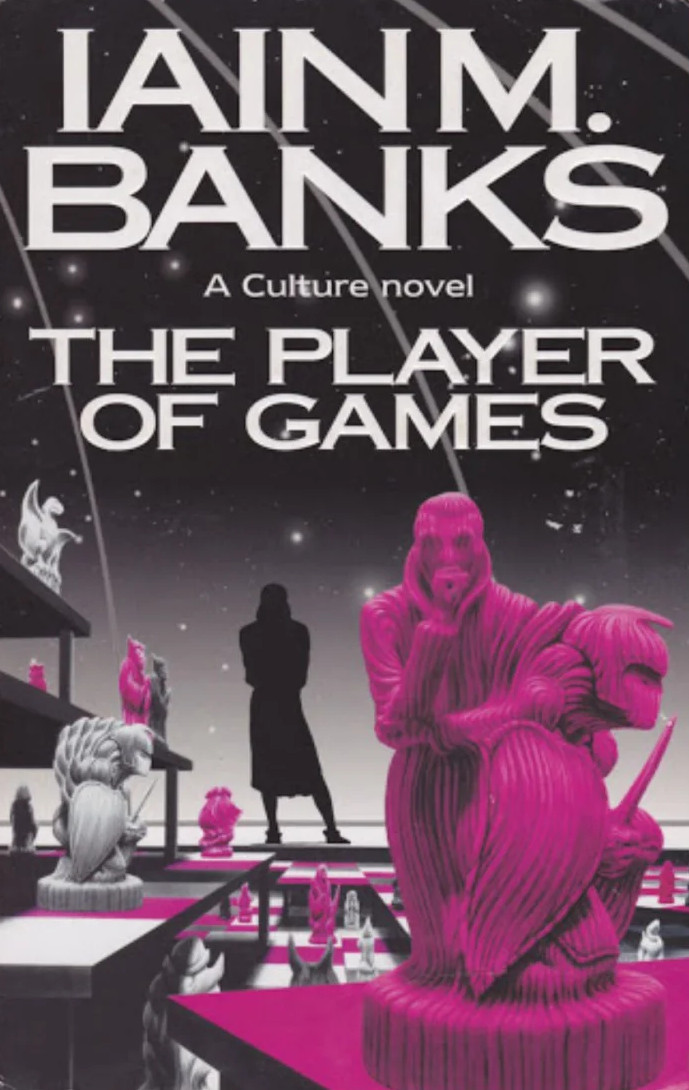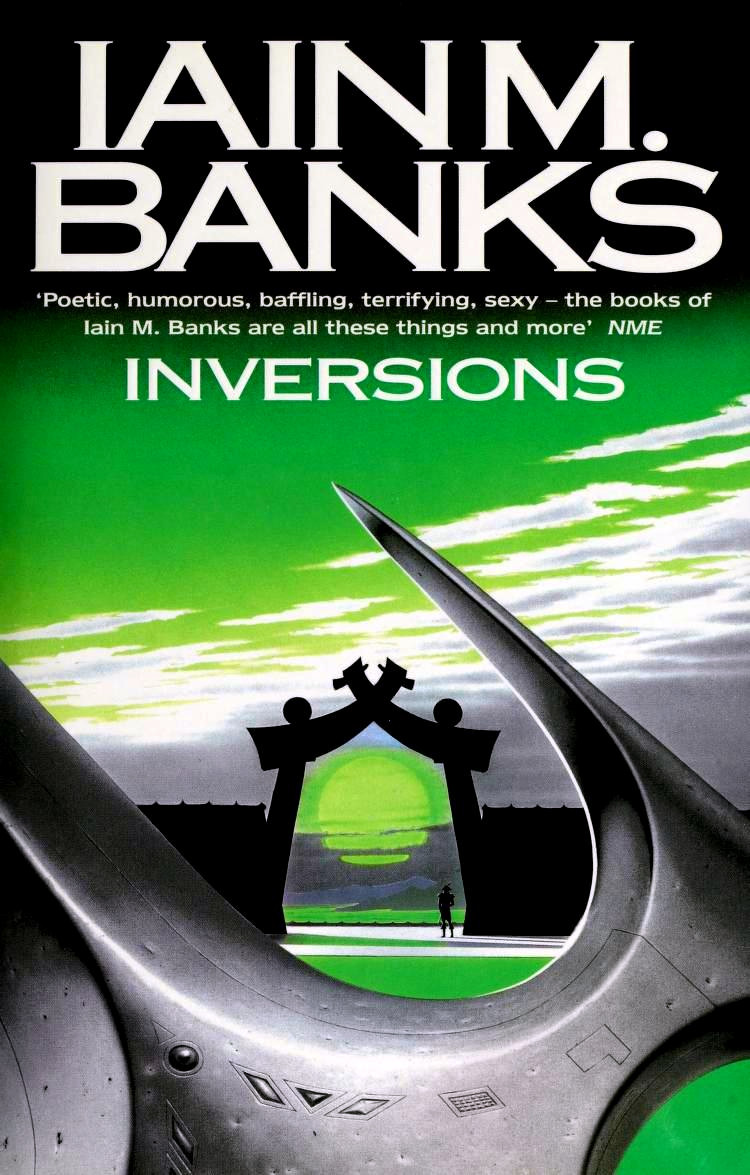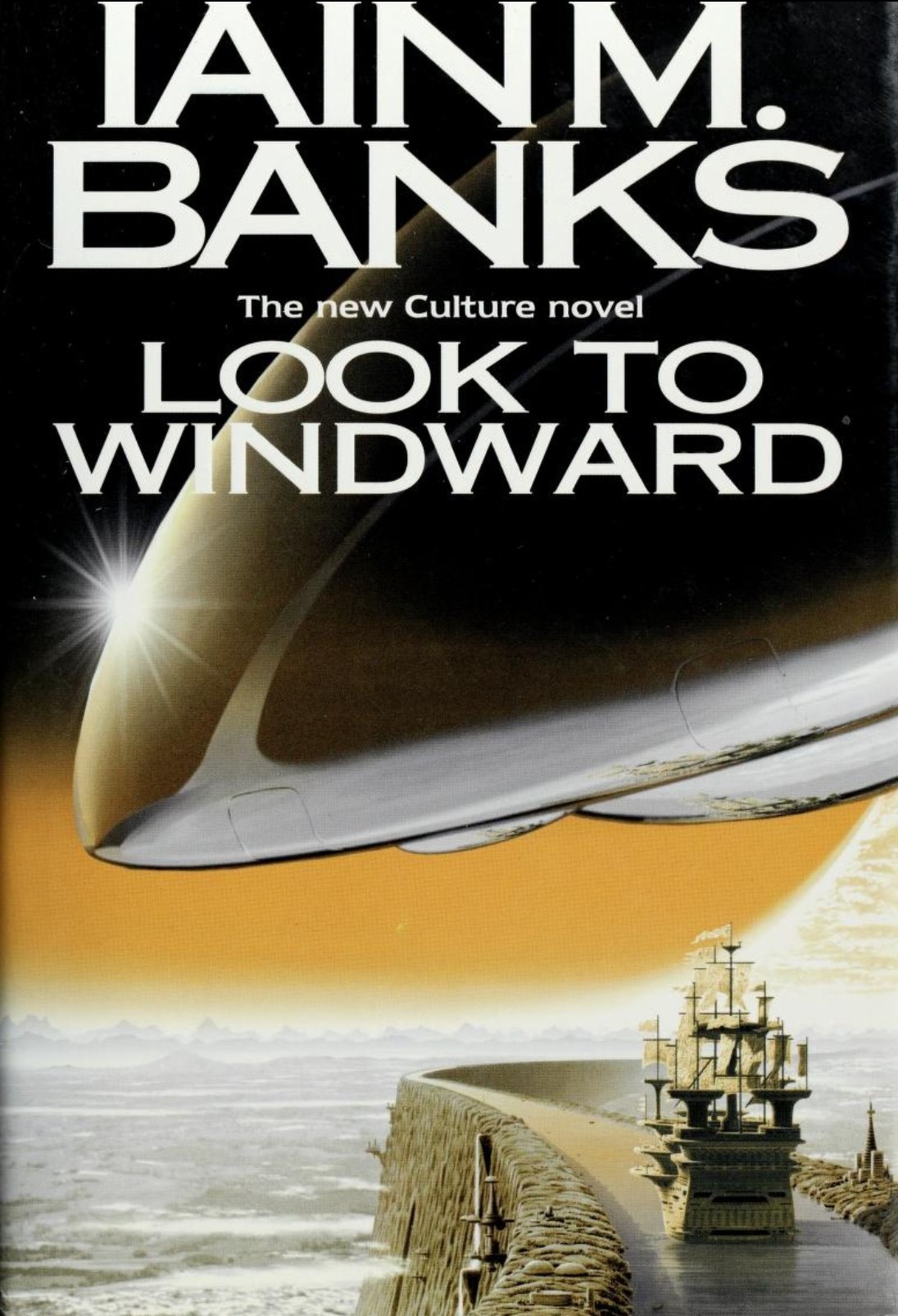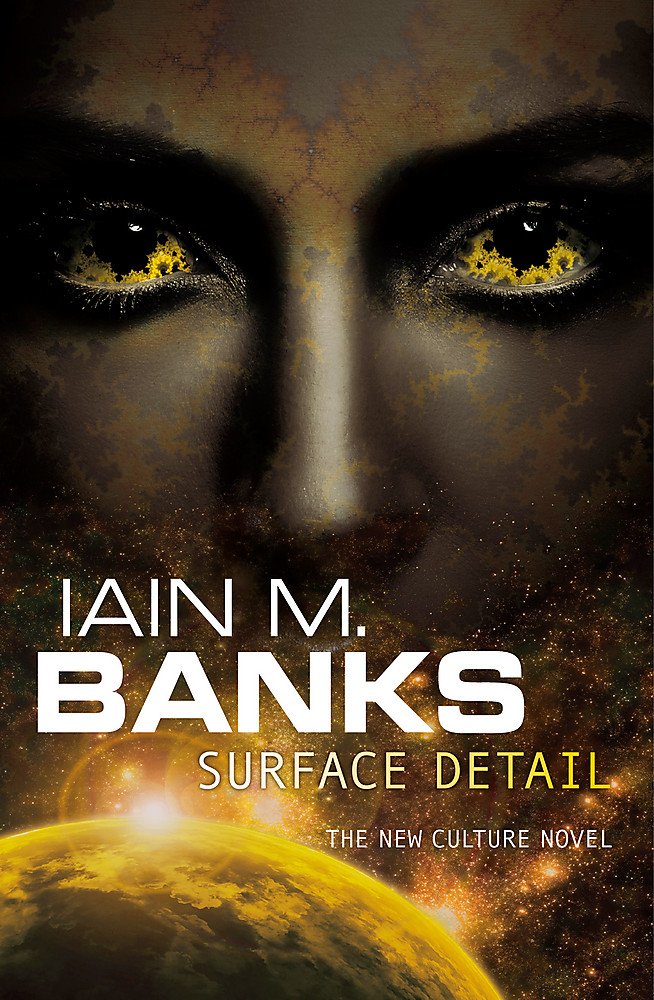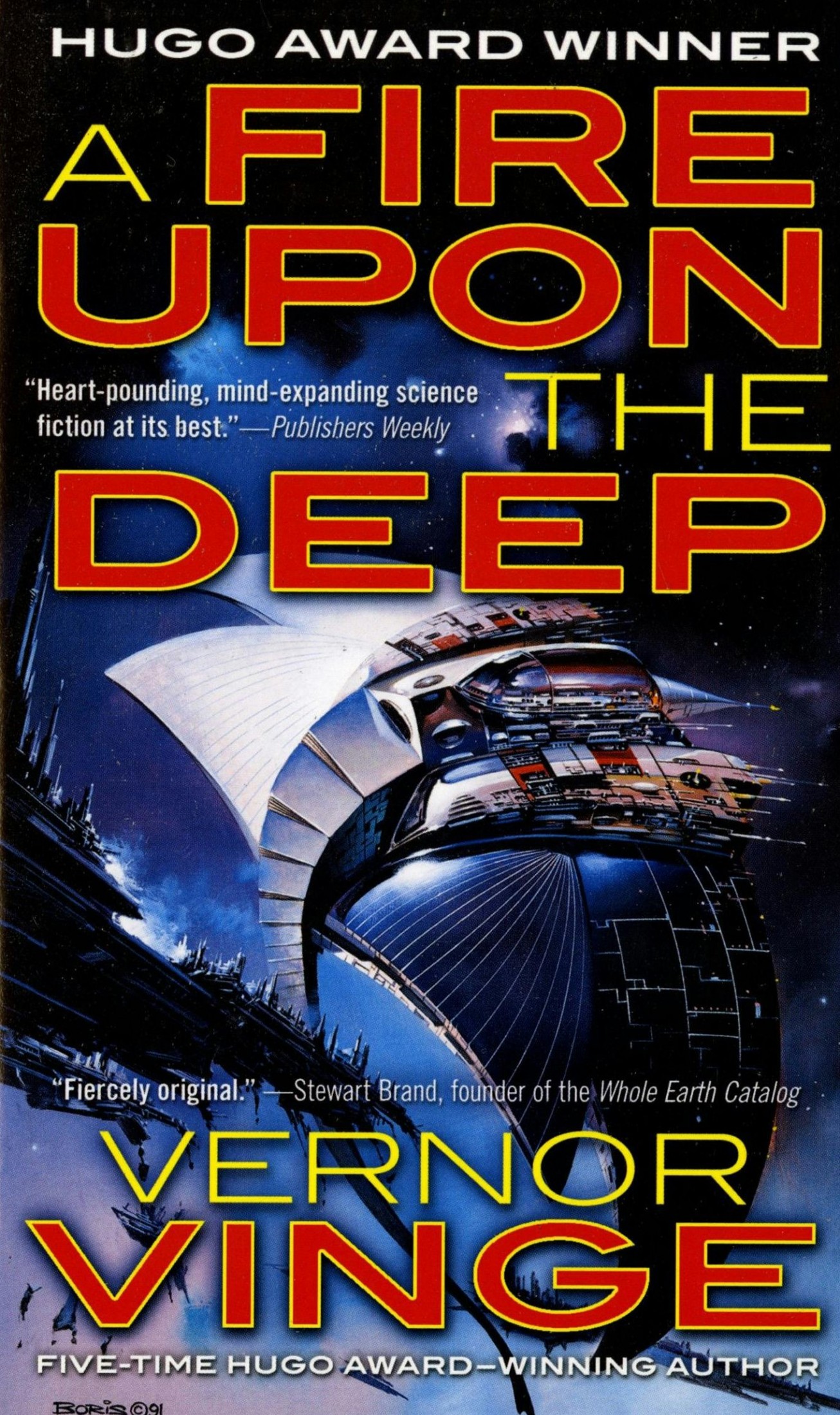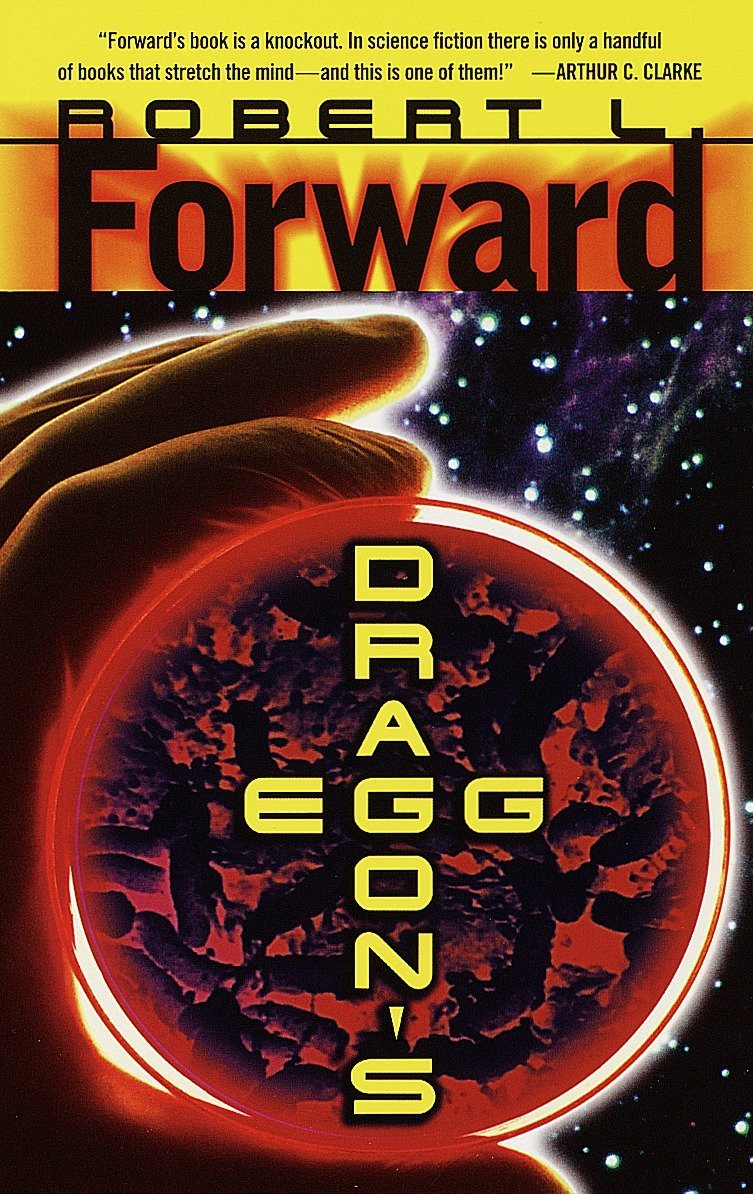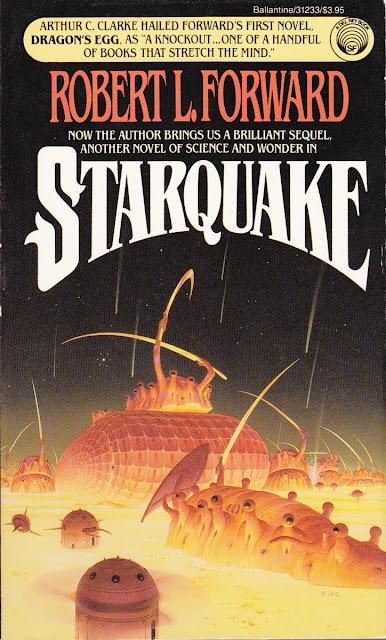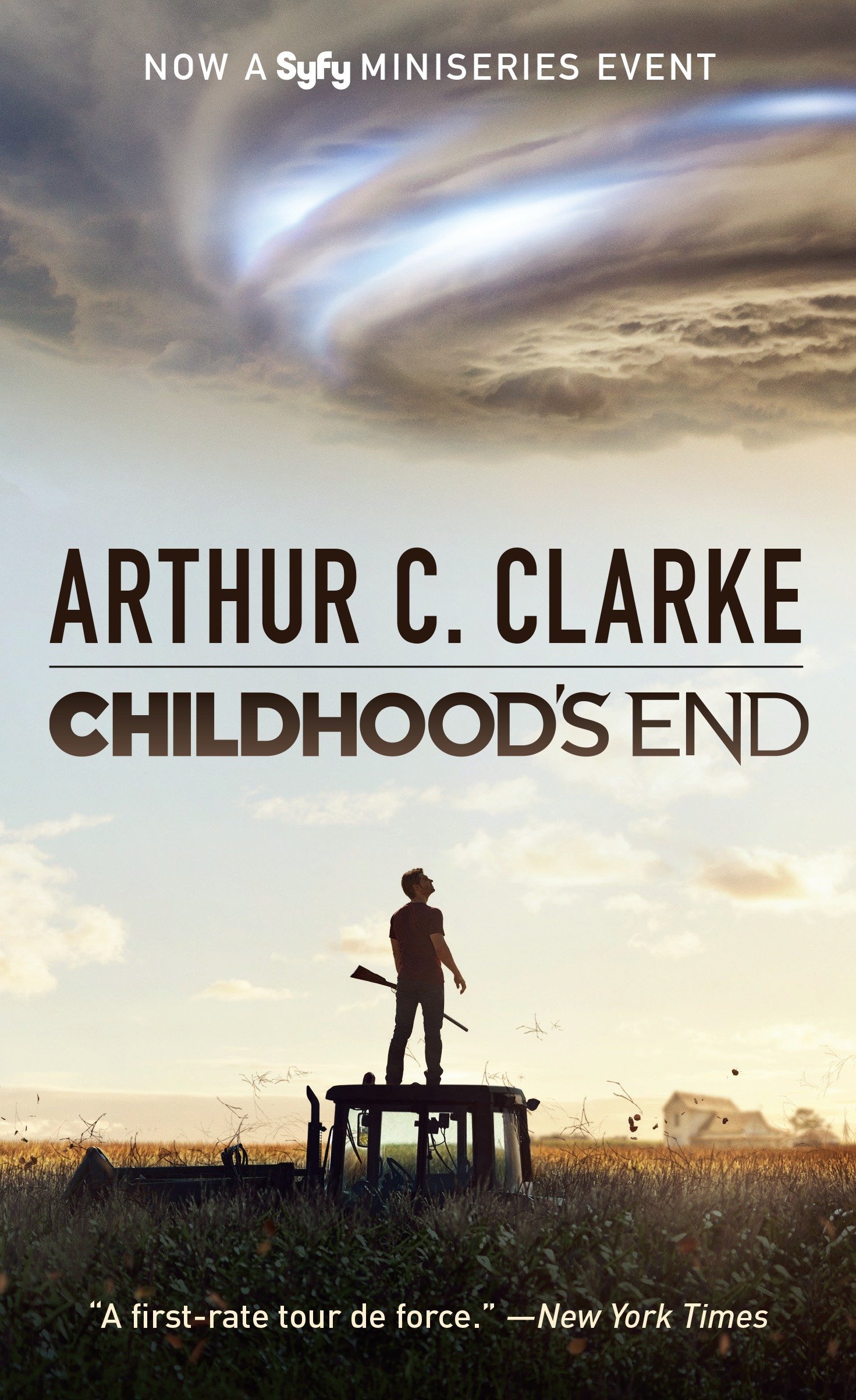My Favorite Books of 2024

In 2024, I finished 46 books and joined a sci-fi book club. The club has been a fantastic way to explore books outside my usual reading habits and has encouraged me to think more critically about writing, thematic connections, and the author’s intent—so I have plenty to share during discussions. Following the tradition of last year’s post, here are my favorite reads from 2024:
Echopraxia by
Echopraxia is the sequel to Blindsight, one of my favorite books from last year. Although it wasn’t as well received by readers as Blindsight, it was my favorite read of the year. In fact, I liked it more than Blindsight because of its complex storyline, intriguing characters, and the broader perspective it offers on the world.
Echopraxia, by , is the second book in the Firefall series, unfolding at roughly the same time as Blindsight. It follows parasitologist Daniel Brüks, who gets unwillingly dragged into a conflict between multiple transhuman factions, travels to the Icarus station orbiting the sun, and eventually back to Earth.
The Culture Series by
I hated Consider Phlebas when I read it in 2023, but I gave the Culture series another chance because I had spent the better part of two decades waiting to get my hands on the books. I’m glad I did, because I read The Player of Games with my book club and loved it! My favorite from the series was Surface Detail, closely followed by Use of Weapons. I even enjoyed Inversions, one of the least well-reviewed of ’s books. It will be bittersweet to finish the series with The Hydrogen Sonata in 2025.
The Player of Games, by ’s, is the second novel in the Culture series. It tells the story of Jernau Morat Gurgeh, a master game player who is recruited to play Azad, an incredibly complex game that serves as the basis for the Empire of Azad’s entire government.
Inversions, by , is the sixth book in the Culture series, but it is very different from typical Culture novels: there are no spaceships and almost no advanced technology. Instead, it follows Culture citizens DeWar and Vosill as they manipulate a medieval society.
Look to Windward, by , is the seventh book in the Culture series. It explores the aftermath of the Idiran–Culture War and Chelgrian civil war.
Surface Detail, by , is the ninth book in the Culture series. It follows Lededje Y’breq as she seeks revenge for her own murder, set against the backdrop of a galactic conflict over virtual hells.
A Fire Upon The Deep by
A Fire Upon The Deep is a nostalgic favorite that I first read about 20 years ago and reread this year for my book club. It does a fantastic job of telling a story that feels small and personal while having galaxy-spanning implications. The Zones of Thought concept is also a unique way to structure the galaxy and explore how it shapes civilizations.
A Fire Upon The Deep is a sci-fi novel by . It tells the story of the Blight—a galactic-scale, transcendent evil—and the humans racing to stop it.
The Cheela Series by
The Cheela series consists of two hard sci-fi novels by : Dragon’s Egg and Starquake. Even though the Cheela are extremely alien—living on the surface of a neutron star and experiencing time a million times faster than humans—their characters still pulled me in. It was exciting to watch them build their civilization from hunter-gatherers to a spacefaring society.
Dragon’s Egg is a hard sci-fi novel by . It is the story of first contact between humans and the Cheela: beings who live on a neutron star.
Starquake is the second book in the Cheela series by . It follows the Cheela as they rescue the humans and rebuild after a devastating starquake.
Childhood’s End by
Another nostalgic read, ’s Childhood’s End was one of the first sci-fi books I ever read. Revisiting it years later was a treat, and I’m happy to say it holds up. The focus on humans’ psychic abilities feels a little dated, but ’s crisp writing kept me engaged.
Childhood’s End is a classic sci-fi novel by . It is about first contact between humans and the mysterious Overlords, and the end of the human race.
